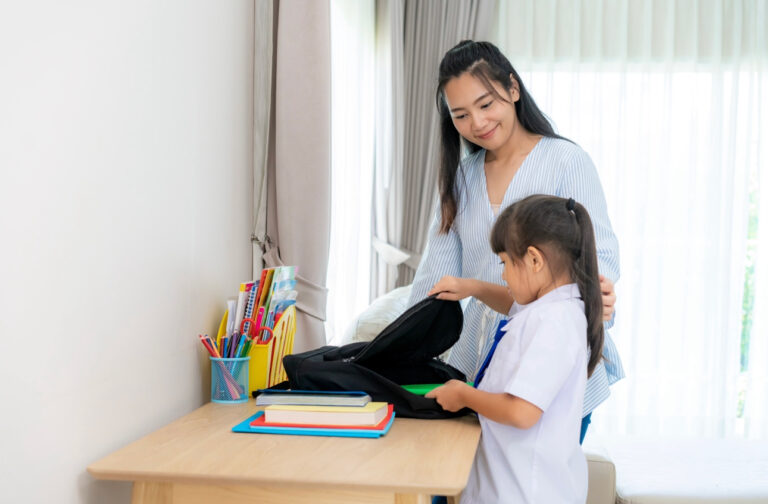
Autism is no longer a secret
Written by: The Educational Psychologist Team of the Heep Hong Society For parents, explaining their child’s autism to others can feel like reopening a wound. They fear not only the lack of support from friends and family, but also the potential for misunderstanding or discrimination. So, how should parents approach this with their relatives and friends? Understanding the causes of autism is crucial. When explaining to friends and family, parents must first clarify that the cause of autism is not related to parental neglect or overindulgence. Autism is associated with abnormal brain development, which affects the child’s communication skills, thinking and behavior patterns, as well as their ability to understand the thoughts and actions of others. Parents can list the common characteristics of most children with autism, including social difficulties, stubbornness, anxiety, communication difficulties, focus ability, varying levels of activity, atypical emotional responses, physical coordination problems, and different sensory responses. Stay Updated with the Latest Information In addition, parents can try to stay updated with the latest information on autism, such as concepts like “executive function”, “central integration”, and “theory of mind”. This can help them better understand their child’s developmental needs. When relatives and friends show interest in learning more, parents can explain these concepts in depth. The more parents understand about autism, the easier it is for relatives and friends to get to know the child. Perhaps the usual discriminatory views will gradually disappear as they understand more. The knowledge parents equip themselves with can make relatives and









